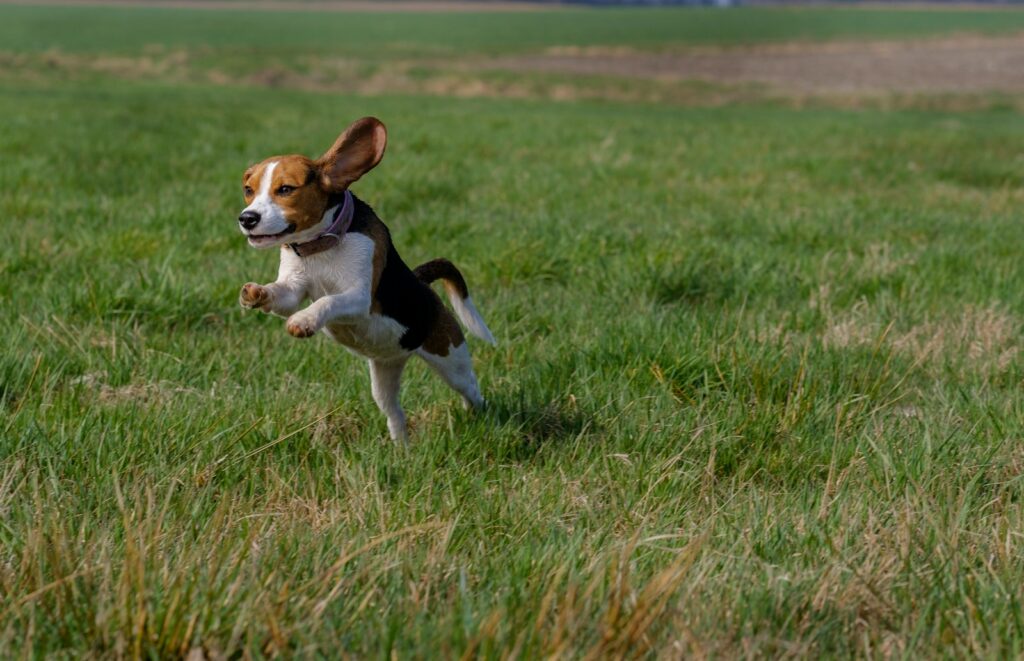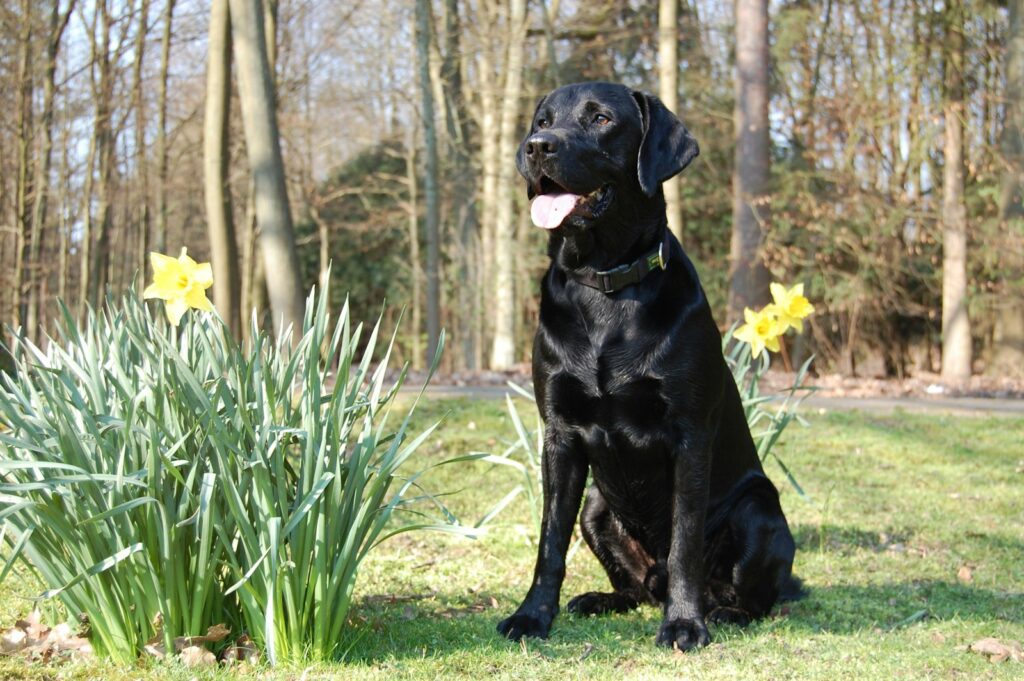10 Dog Breeds That Are Professional Escape Artists

Some dogs don’t just run. They plot. These breeds aren’t trying to leave because they don’t love you. They’re just wired for movement, curiosity, or problem-solving. Fences become puzzles. Doors are temporary barriers. If you own one of these escape artists, you’ve probably already doubled your locks or patched a few holes in the yard. Here’s who’s behind the great backyard getaways.
Siberian Husky

Huskies were bred to pull sleds for miles, so being confined doesn’t sit well. They’ll scale fences, dig under them, or chew through whatever’s in the way. If they’re bored or under-exercised, they won’t just whine—they’ll go looking for something better. They’re smart and determined, which makes them both loveable and exhausting. Keeping them engaged is the only thing that keeps them in one place.
Jack Russell Terrier

Small but mighty, Jack Russells have the brains and the energy to find a way out. They’re diggers by nature and fast enough to vanish in seconds. You might think your fence is low risk—until this dog finds the weak spot. Once something grabs their attention, they’ll go after it without much thought. These dogs don’t check in—they act first and fast.
Border Collie

Border Collies are thinkers. They don’t just escape because they can. They escape because they’re mentally restless. A quiet backyard isn’t enough for them. If they aren’t herding, working, or solving problems, they start figuring out how to leave. It’s not disobedience—it’s a search for stimulation. Secure fences help, but structure and mental tasks matter more with this breed than a dozen latches.
Beagle

Follow a scent—that’s all it takes. Beagles are scent hounds, and their noses pull them into trouble. One whiff of something new, and they’re off. They won’t look back until the trail ends. It’s not personal—they just live nose-first. Fences that aren’t buried deep? Not enough. Even the smallest hole is a doorway to an adventure. They’re sweet, but escape is just part of who they are.
Australian Shepherd

High-energy and sharp, Australian Shepherds get restless when they’re not active. And a restless Aussie is a busy one. They’ll pace, dig, jump—anything to get moving. Left alone too long, they’ll figure out how to open gates or slip through tiny gaps. These dogs thrive when they’re working. When they’re not, the world outside your yard starts to call. And they usually answer.
Labrador Retriever

Labs don’t always get credit for being escape artists, but many of them are. Especially the young ones. They’re playful, social, and always curious. If they see someone or something outside the fence, they’ll find a way to reach it. They’re strong too—so a loose gate or weak latch is all it takes. Their goal isn’t to run away. It’s just to explore a little further.
German Shepherd

They’re loyal and smart—maybe too smart. German Shepherds are known to figure out how latches work. Some even watch you do it and repeat the motion later. They don’t always run out of boredom; sometimes, it’s protection. They hear a sound or sense a threat and go investigate. If your gate isn’t secure, they’ll be through it before you even realize what triggered them.
Basenji

These dogs are quiet but bold. They don’t bark, but that doesn’t mean they’re calm. Basenjis are climbers, and many can leap fences with ease. They’re also independent, which makes them more likely to slip away and explore. They’re not looking for trouble. They just enjoy the freedom. If they see a clear path—up, under, or through—they’ll take it without thinking twice.
Weimaraner

Big, sleek, and fast—Weimaraners are built to move. They don’t handle boredom well, and they definitely don’t like being alone. If they’re left in the yard too long, they’ll search for ways out just to find someone. They might dig, climb, or even push through a screen. These dogs form strong bonds, and when they’re anxious or bored, escape becomes their way of coping.
Great Pyrenees

Don’t be fooled by their calm nature. Great Pyrenees were bred to roam hills and guard livestock, so they have a natural urge to patrol. If your fence isn’t high and solid, they’ll wander off to “check the area.” They’re quiet but determined. Once they decide to leave, they’ll keep going until something stops them. It’s less rebellion, more instinct—and it runs deep.





